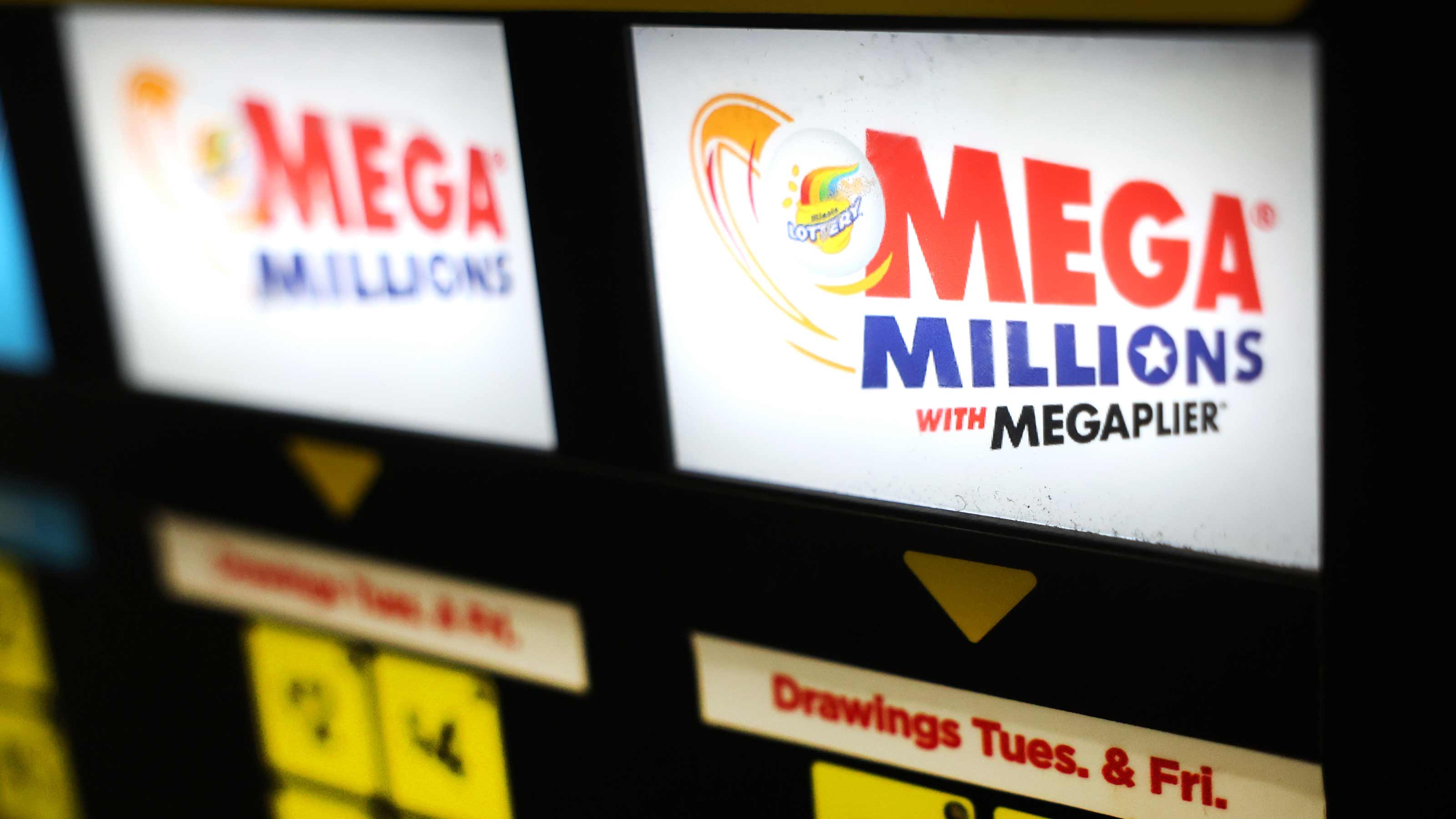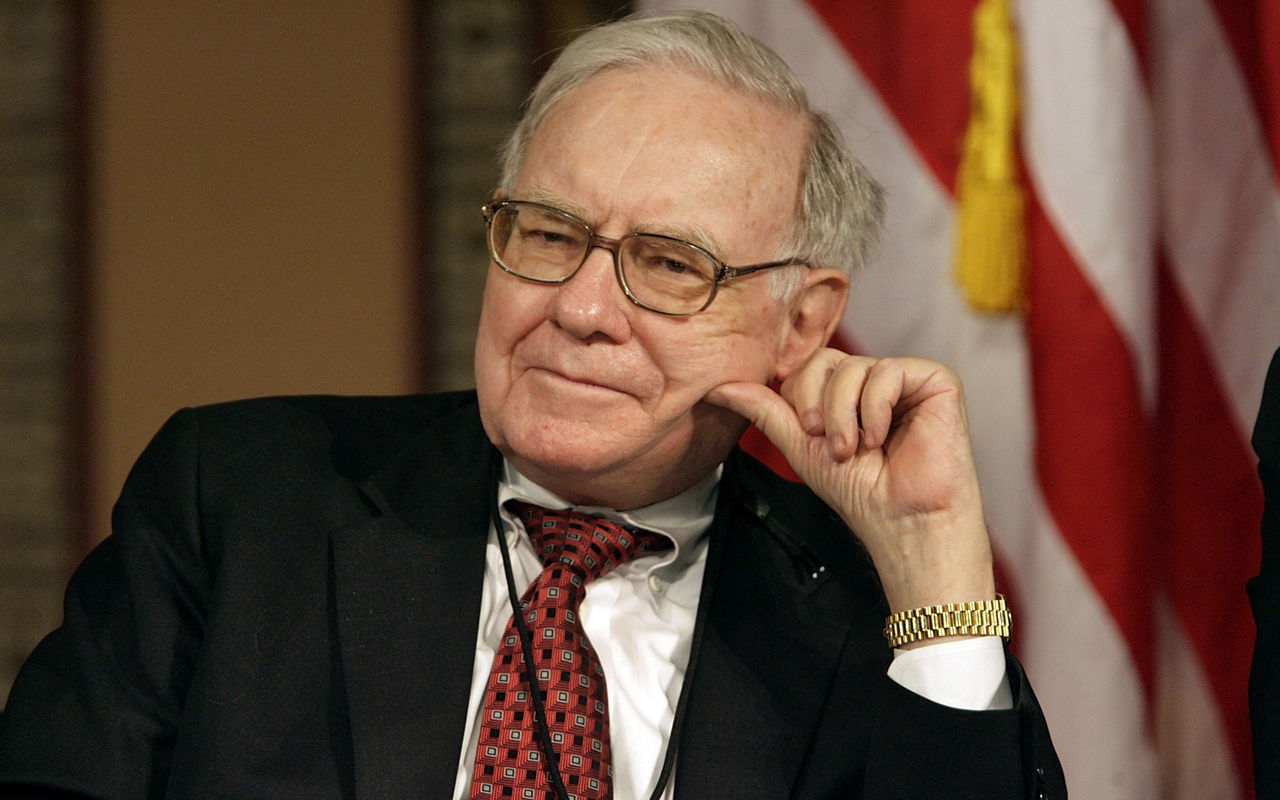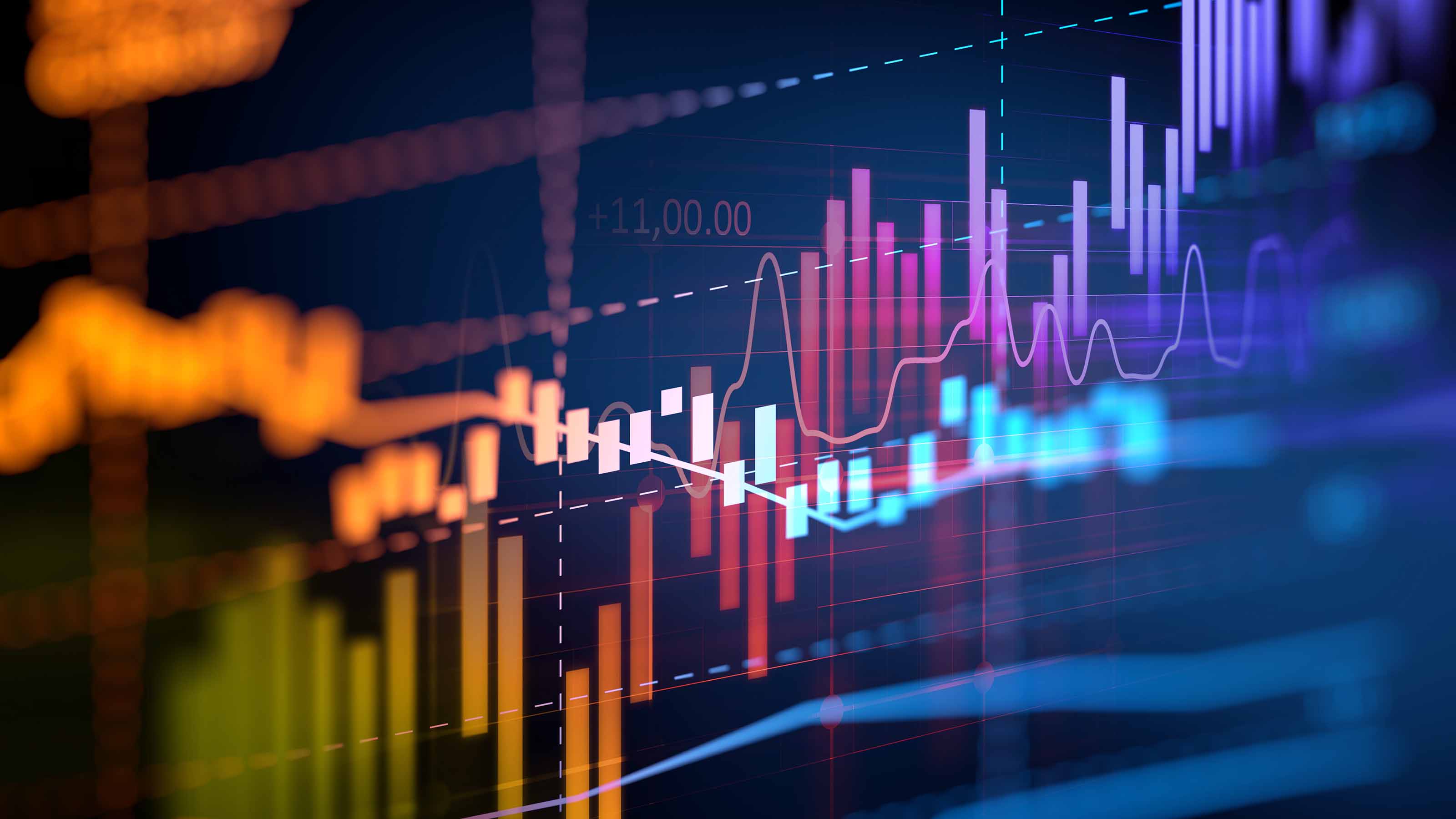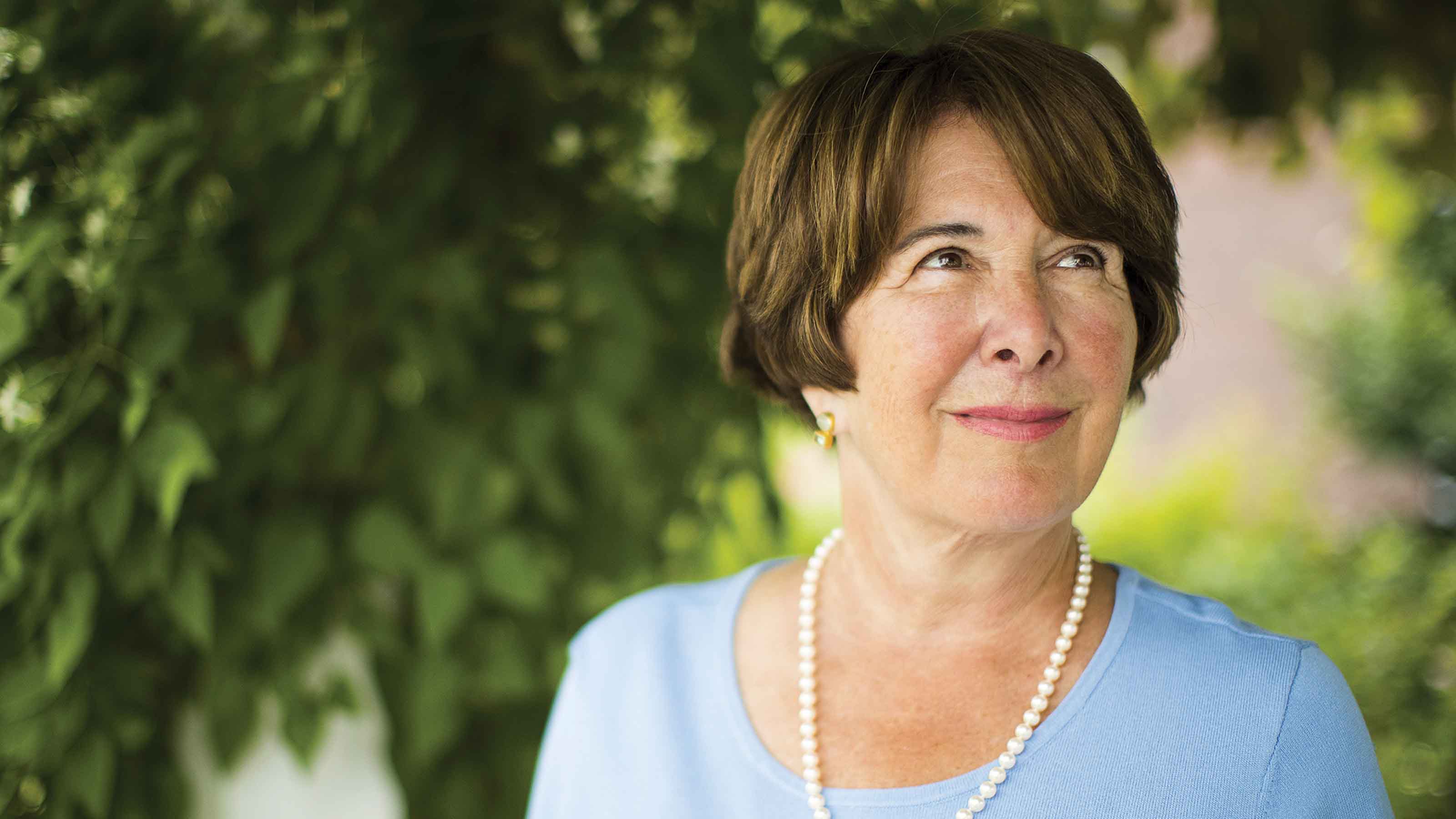Round Out Your Collection of Bond Funds
Make Pimco Total Return the core of a bond portfolio and complement it with other funds.

Profit and prosper with the best of Kiplinger's advice on investing, taxes, retirement, personal finance and much more. Delivered daily. Enter your email in the box and click Sign Me Up.
You are now subscribed
Your newsletter sign-up was successful
Want to add more newsletters?

Delivered daily
Kiplinger Today
Profit and prosper with the best of Kiplinger's advice on investing, taxes, retirement, personal finance and much more delivered daily. Smart money moves start here.

Sent five days a week
Kiplinger A Step Ahead
Get practical help to make better financial decisions in your everyday life, from spending to savings on top deals.

Delivered daily
Kiplinger Closing Bell
Get today's biggest financial and investing headlines delivered to your inbox every day the U.S. stock market is open.

Sent twice a week
Kiplinger Adviser Intel
Financial pros across the country share best practices and fresh tactics to preserve and grow your wealth.

Delivered weekly
Kiplinger Tax Tips
Trim your federal and state tax bills with practical tax-planning and tax-cutting strategies.

Sent twice a week
Kiplinger Retirement Tips
Your twice-a-week guide to planning and enjoying a financially secure and richly rewarding retirement

Sent bimonthly.
Kiplinger Adviser Angle
Insights for advisers, wealth managers and other financial professionals.

Sent twice a week
Kiplinger Investing Weekly
Your twice-a-week roundup of promising stocks, funds, companies and industries you should consider, ones you should avoid, and why.

Sent weekly for six weeks
Kiplinger Invest for Retirement
Your step-by-step six-part series on how to invest for retirement, from devising a successful strategy to exactly which investments to choose.
Do you own Harbor Bond, Ohio CollegeAdvantage 529 Savings Plan and Schwab Target 2020 Fund? If so, you own Pimco Total Return, in varying degrees, in three different products. If your 401(k) plan is like Morningstar's, it may also offer Pimco Total Return. If you go to a financial planner or broker, he or she might recommend Total Return, too.
Total Return everywhere may be a case of too much of a good thing. The fund's insanely large asset base of $239 billion (plus another $236 billion that Pimco runs with the same approach elsewhere) has led manager Bill Gross and his team to increase their use of derivatives to execute their strategy. Clearly, they know what they're doing, and they continue to make savvy big-picture calls -- such as anticipating the housing downturn in 2007 and, recently, shifting into Treasury bonds, which have delivered fine results this year.
Given the size of the fund, it makes sense for Gross to rely on top-down forecasts to manage it. Adding a few corporate bonds here and a few foreign issues there just won't have much impact on the fund's performance.
From just $107.88 $24.99 for Kiplinger Personal Finance
Become a smarter, better informed investor. Subscribe from just $107.88 $24.99, plus get up to 4 Special Issues

Sign up for Kiplinger’s Free Newsletters
Profit and prosper with the best of expert advice on investing, taxes, retirement, personal finance and more - straight to your e-mail.
Profit and prosper with the best of expert advice - straight to your e-mail.
How to Build a Bond Portfolio
A smart way to invest is to make Total Return (symbol PTTAX) the core of a bond portfolio and complement it with other funds. So, let's talk about Pimco helpers. Begin with Dodge & Cox Income (DODIX), which, like Harbor Bond (HABDX), is a member of the Kiplinger 25. Dodge & Cox's managers conduct excellent research on corporate bonds. But with assets of $22 billion, Income's corporates are likely to pack more punch than similar holdings in Total Return. Co-manager Dana Emery and company have about 40% of Income's assets in corporates, though that figure can go higher if they choose. They've executed their strategy well, as evidenced by the fund's consistent results: Over the past 20 years, it has landed in the top 40% of all intermediate-term bond funds 15 times. That record puts it among the top 10% in 20-year returns.
With income-tax rates potentially set to rise, tax-free municipal bonds have a lot of appeal (see Great Deals in Muni Bonds). Vanguard and Fidelity are the best fund families in this neighborhood. I'd go with Fidelity Tax-Free Bond (FTABX), Vanguard Long-Term Tax-Exempt (VWLTX) or a single-state muni fund from one of those families if they have one for your state.
I'd also want a bolder fund that invests in high-yield and foreign bonds. So I'd add Kiplinger 25 member Loomis Sayles Bond (LSBRX), run by Dan Fuss and Kathleen Gaffney, or a pure junk-bond fund, such as T. Rowe Price High-Yield (PRHYX), whose manager, Mark Vaselkiv, has done an excellent job since 1996. The seasoned hands at both funds don't take imprudent risks.
You'll need protection against rising interest rates, so take a look at Fidelity Floating Rate High Income (FFRHX). The fund invests in bank loans that reset at higher yields when rates rise. The fund comes with some credit risk (the possibility that some borrowers will default), but Christine McConnell, who has run the fund since its 2002 launch, has taken a reasonably conservative tack to preserve capital rather than just find the biggest yield.
If you're really concerned about inflation, you might also consider a fund that invests in Treasury inflation-protected securities, or TIPS. Pimco runs a good TIPS fund, but I prefer Vanguard Inflation-Protected Securities (VIPSX), a low-cost, direct play on these bonds. The fund is also a member of the Kiplinger 25.
Finally, make sure that you're not investing your emergency cash in Pimco Total Return and its clones. You should use a money-market fund and maybe a short-term-bond fund for that purpose. Yes, yields are lousy, but you want to have something that is unlikely to suffer big losses when you need your money the most. Because of its ultra-low costs, Vanguard is a good family to look at for both types of funds.
Columnist Russel Kinnel is director of mutual fund research for Morningstar and editor of its monthly FundInvestor newsletter.
Profit and prosper with the best of Kiplinger's advice on investing, taxes, retirement, personal finance and much more. Delivered daily. Enter your email in the box and click Sign Me Up.

-
 5 Vince Lombardi Quotes Retirees Should Live By
5 Vince Lombardi Quotes Retirees Should Live ByThe iconic football coach's philosophy can help retirees win at the game of life.
-
 The $200,000 Olympic 'Pension' is a Retirement Game-Changer for Team USA
The $200,000 Olympic 'Pension' is a Retirement Game-Changer for Team USAThe donation by financier Ross Stevens is meant to be a "retirement program" for Team USA Olympic and Paralympic athletes.
-
 10 Cheapest Places to Live in Colorado
10 Cheapest Places to Live in ColoradoProperty Tax Looking for a cozy cabin near the slopes? These Colorado counties combine reasonable house prices with the state's lowest property tax bills.
-
 How I'm Going to Invest My Mega Millions Lottery Jackpot
How I'm Going to Invest My Mega Millions Lottery JackpotThe odds of winning the Mega Millions lottery are effectively zero, but here's how I'm investing my fortune should I hit the jackpot.
-
 Four Random Facts and Thoughts About Warren Buffett
Four Random Facts and Thoughts About Warren BuffettIf I love Warren Buffett so much why don't I just marry him?
-
 Investing in Gold Is Dumb
Investing in Gold Is DumbStocks are better than gold for both generating wealth and offering protection against inflation.
-
 What's So Scary About a Mega-Cap Tech Bull Market?
What's So Scary About a Mega-Cap Tech Bull Market?Bears say the market can't keep rallying when only five mega-cap tech stocks are driving returns, but history suggests otherwise.
-
 We Are Not in a Bull Market
We Are Not in a Bull MarketIt takes more than a 20% gain off the low to proclaim the beginning of a new bull market.
-
 Why I Don't Buy Stocks
Why I Don't Buy StocksIt's nearly impossible to beat the market – but it is cheap and easy to match it.
-
 Amy Domini on the Secrets of Sustainable Investing
Amy Domini on the Secrets of Sustainable InvestingESG An ESG pioneer says finding good corporate citizens is the best way to make money.
-
 Bitcoin Halving: What Does It Mean for Investors?
Bitcoin Halving: What Does It Mean for Investors?Technology 'Mining' for this cryptocurrency just became a lot more expensive